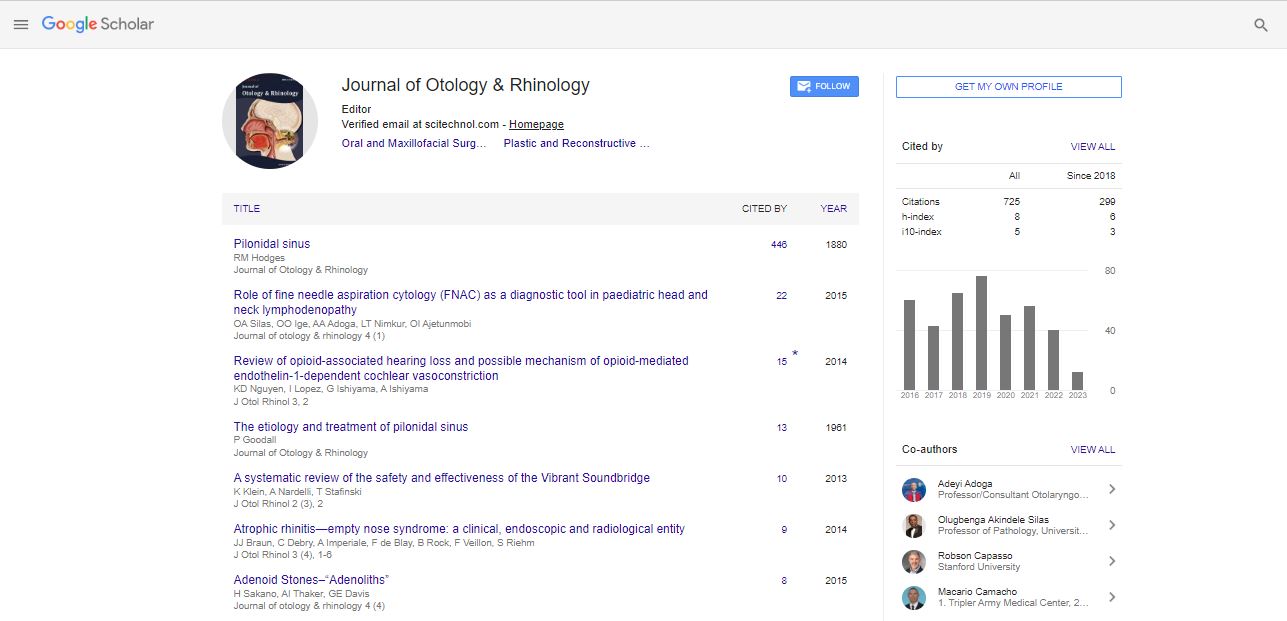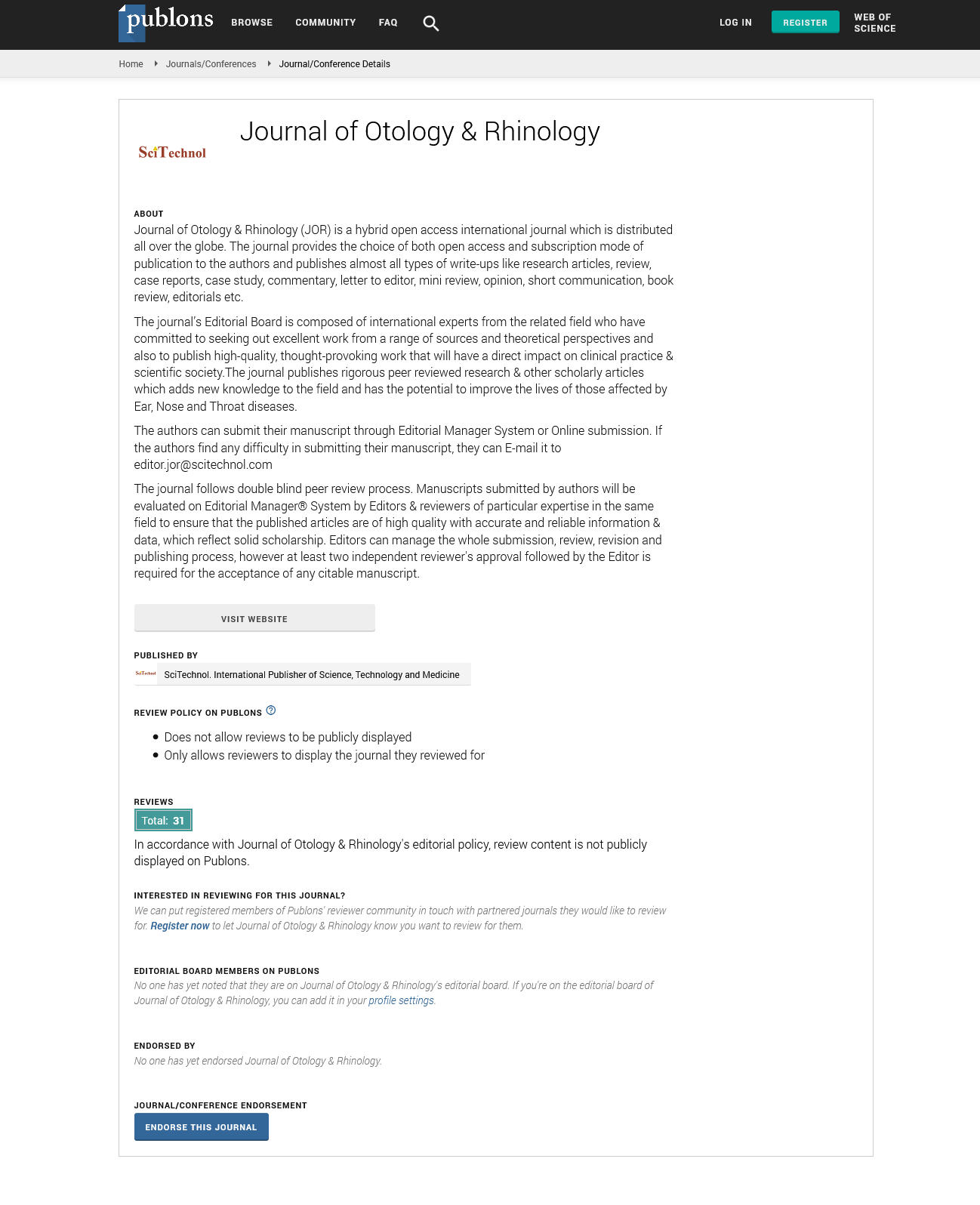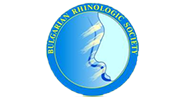Case Report, J Otol Rhinol Vol: 2 Issue: 2
Delayed Onset of Infection Development after Polyalkylimide Treatment for HIV-Associated Lipoatrophy
| Anisha R Kumar*, Macario Camacho and Robson Capasso |
| Department of Otolaryngology, Stanford University School of Medicine, 801 Welch Road, Stanford, CA 94305, USA |
| Corresponding author : Anisha R Kumar Department of Otolaryngology, Stanford University School of Medicine, 801 Welch Road, Stanford, CA 94305 Tel: 914 500 5680 E-mail: arkumar@stanford.edu |
| Received: February 07, 2013 Accepted: April 09, 2013 Published: April 10, 2013 |
| Citation: Kumar AR, Camacho M, Capasso R (2013) Delayed Onset of Infection Development after Polyalkylimide Treatment for HIV-Associated Lipoatrophy. J Otol Rhinol 2:2. doi:10.4172/2324-8785.1000115 |
Abstract
Delayed Onset of Infection Development after Polyalkylimide Treatment for HIV-Associated Lipoatrophy
Bio-Alcamid, a polyalkylimide, is a non-reabsorbable polymeric substance and has been used in cosmetic and reconstructive surgery. The material is widely used because it is non-toxic, non-allergenic, easily injectable, and quickly removable. Polyalkylimide has been used for the cosmetic treatment of atrophy of subcutaneous tissue and HIV-associated lipoatrophy due to highly active antiretroviral therapy (HAART). In HIV-patients who received this treatment, immediate therapy within zero to six weeks proved more beneficial in reducing facial lipoatrophy compared to the delayed therapy within twelve to eighteen weeks. Furthermore, in the duration of four years after the polyalkylimide treatment is administered, patients have not experienced necrosis, nodules, or infection.
 Spanish
Spanish  Chinese
Chinese  Russian
Russian  German
German  French
French  Japanese
Japanese  Portuguese
Portuguese  Hindi
Hindi 


